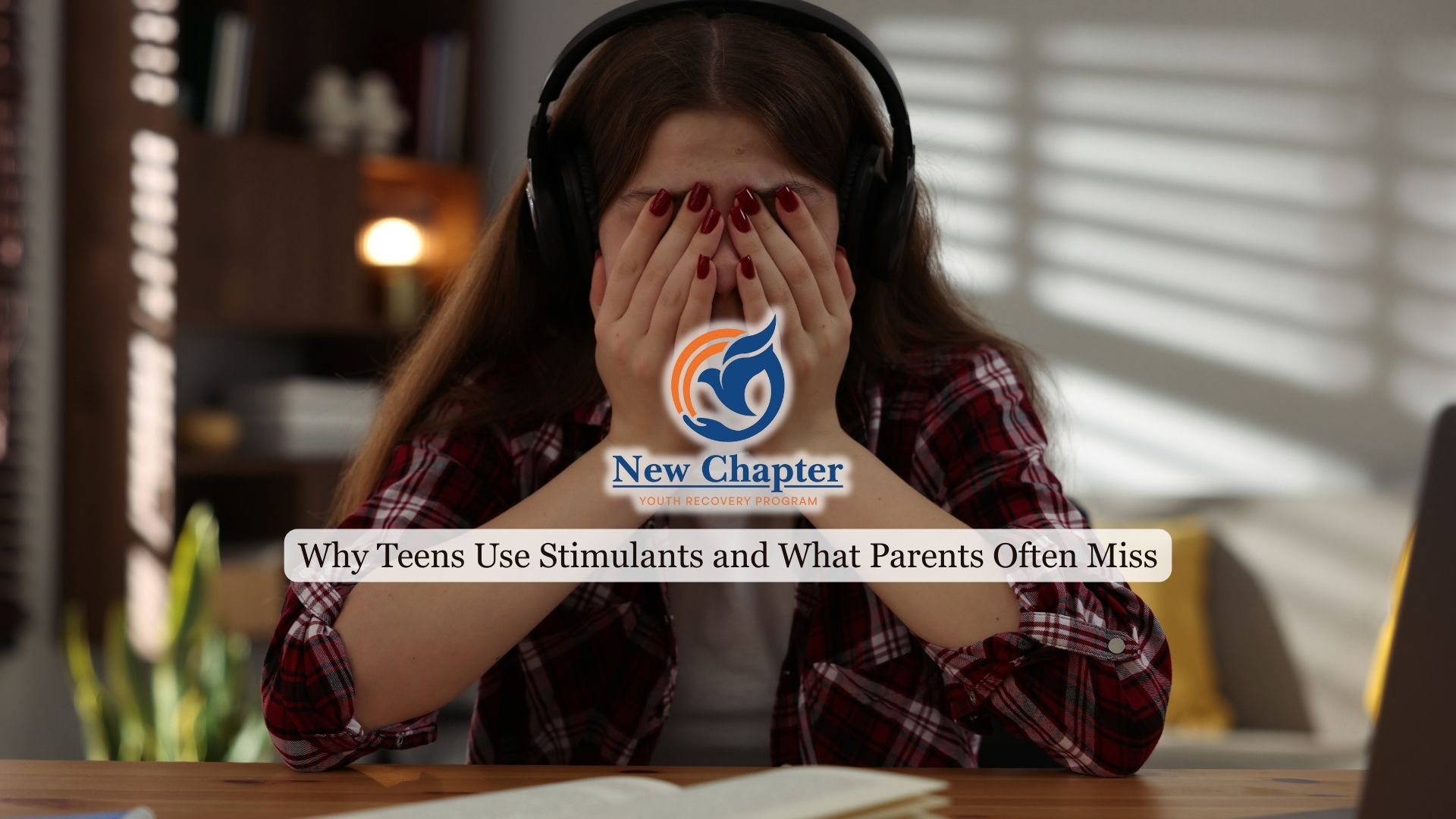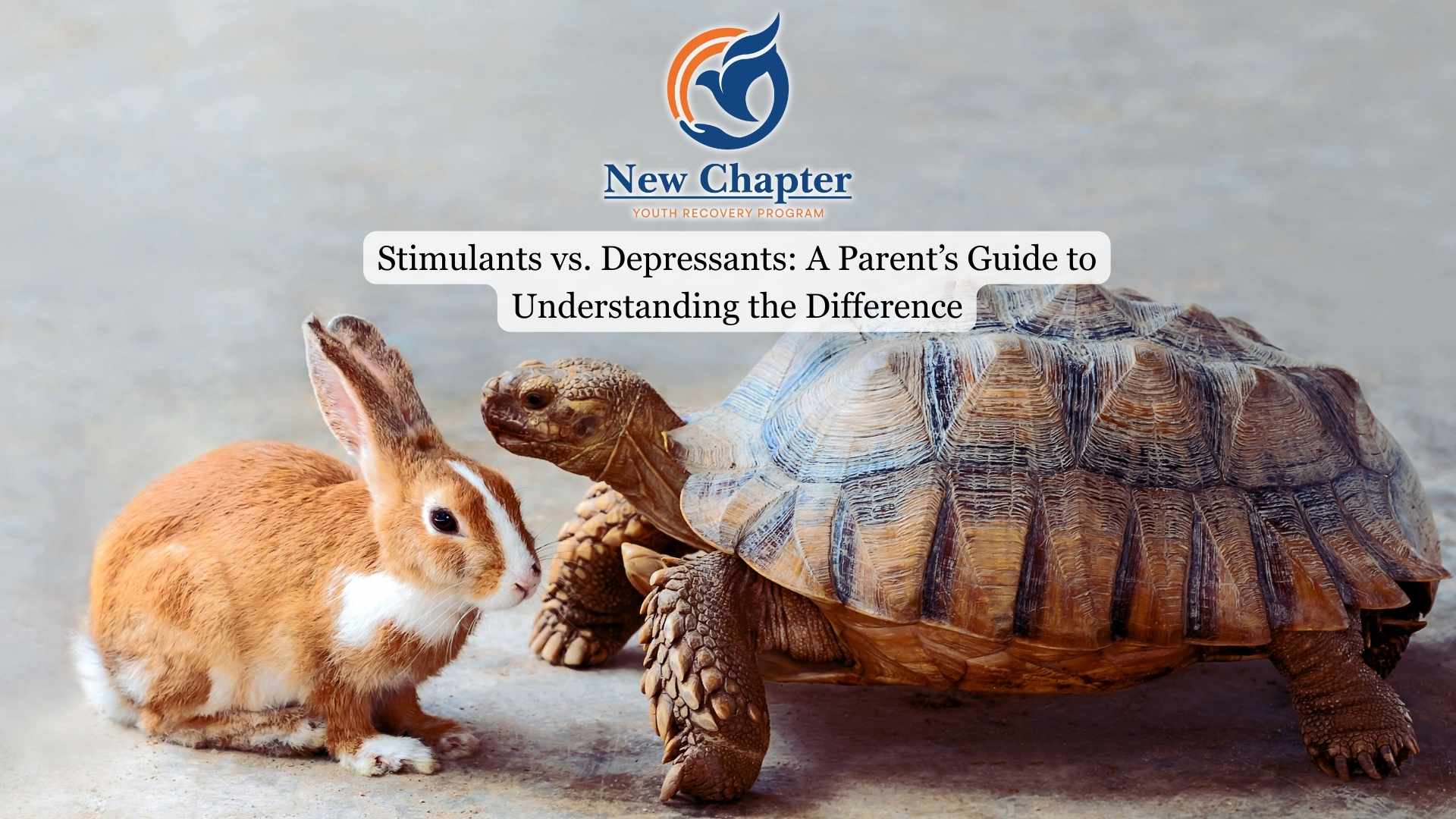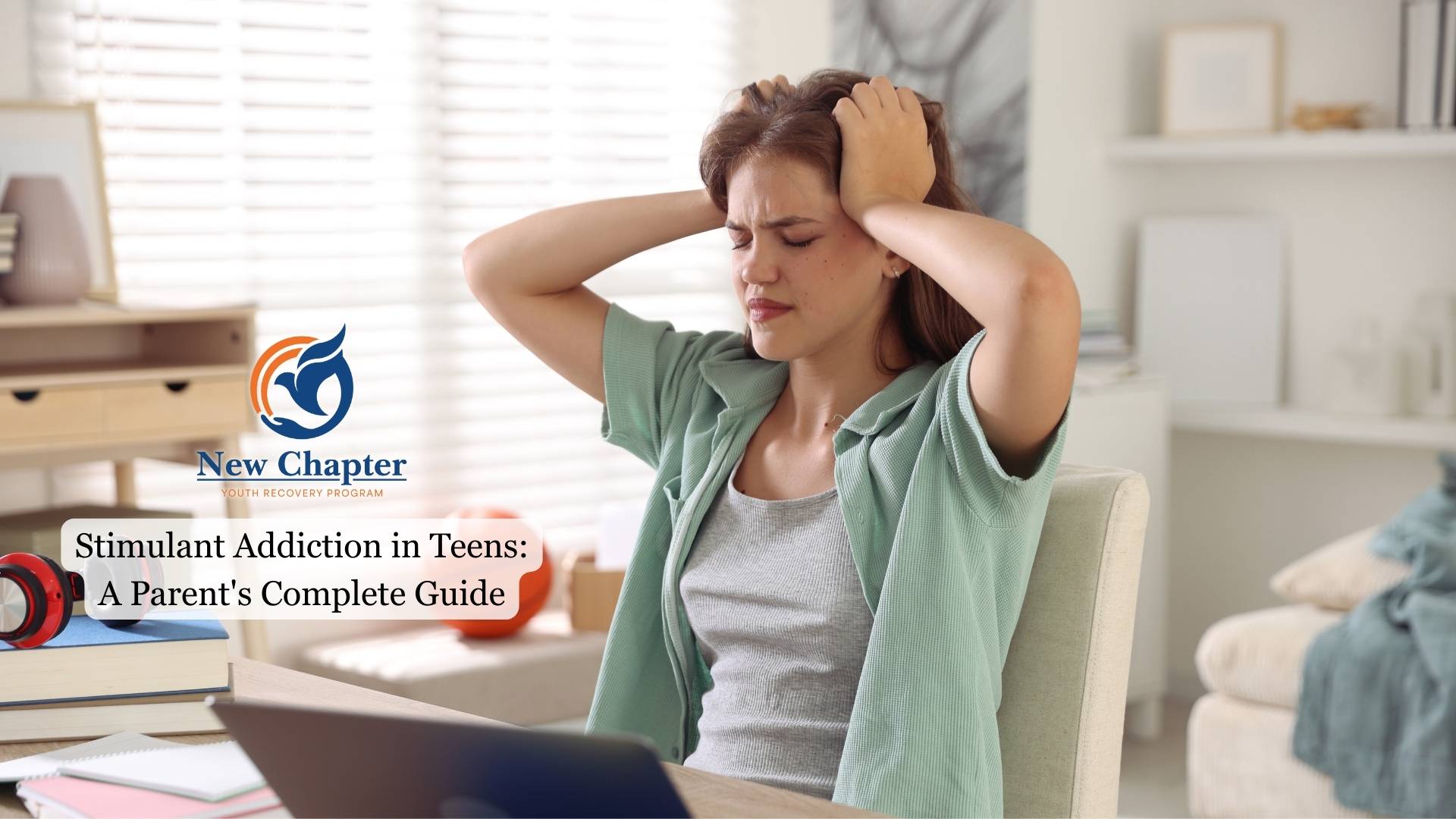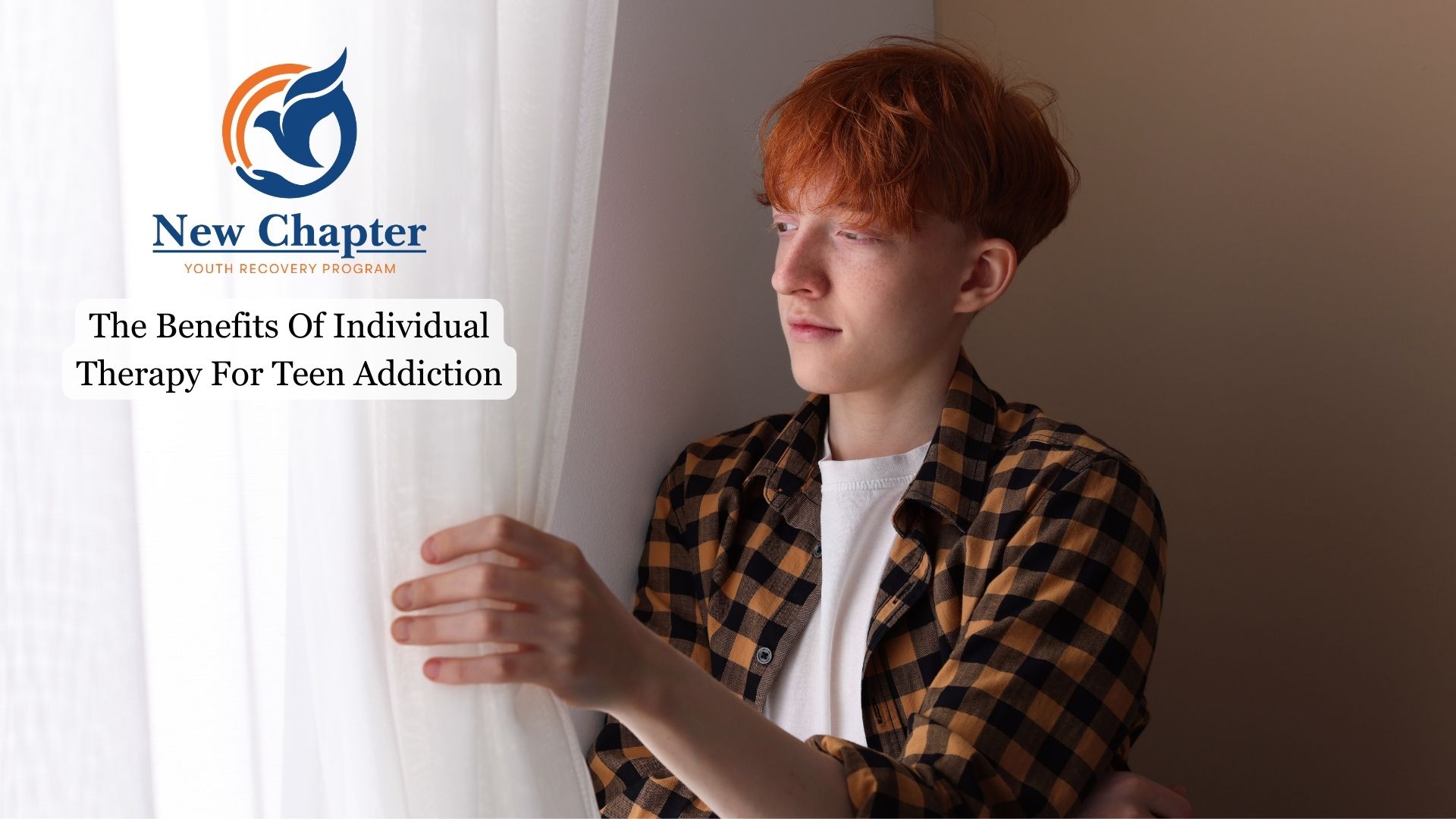Antidepressants are often prescribed to help young people manage depression and anxiety, but misuse among teenagers is becoming a growing concern. Understanding how and why some youth abuse these medications can help parents recognize the warning signs early and take steps to protect their children.
This article explores the risks, signs, and treatment options for antidepressant abuse in adolescents, offering parents the knowledge they need to support their child’s health.

Why Teenagers Misuse Antidepressants
Some may increase their dosage on their own, believing it will speed up recovery, while others might experiment recreationally to feel a sense of calm or escape from stress. Peer influence, curiosity, or access through friends and relatives can also encourage misuse. A lack of awareness about the potential dangers of these medications may lead young people to believe they are safer than illicit drugs, but misuse can have serious consequences.
Young people may also be drawn to antidepressants when they are coping with difficult emotions, academic pressure, or social struggles. They might combine it with alcohol or other substances, creating even greater health risks. Recognizing the motivations behind misuse is the first step in addressing the problem, and an outpatient treatment program tailored for teens can provide early support before the situation worsens.
The Risks of Antidepressant Abuse
While antidepressants are not typically associated with the same level of physical addiction as opioids or stimulants, misuse can still cause harm. Taking higher doses than prescribed may lead to severe side effects, including irregular heartbeat, seizures, or dangerous spikes in blood pressure. One of the most serious risks is serotonin syndrome, a potentially life-threatening condition caused by excessive serotonin levels in the brain.
Mental health can also decline when these medications are misused. Instead of feeling better, teens may experience heightened anxiety, irritability, or even suicidal thoughts. Long-term misuse can disrupt brain development, interfere with the effectiveness of prescribed treatments, and complicate future care. When combined with other substances like drugs and alcohol, the dangers multiply, increasing the risk of overdose and hospitalization.
Warning Signs Parents Should Watch For
Parents should be alert to behavioral changes such as withdrawal from friends or family, irritability, or a sudden drop in school performance. Teens may also exhibit secretive behavior around their prescriptions, running out of medication early, or hiding pills.
Physical symptoms may include frequent headaches, nausea, dizziness, fatigue, or changes in sleep patterns. Emotional red flags might include mood swings that seem unrelated to normal challenges. A young person who appears disconnected, unusually drowsy, or unmotivated may be misusing their prescription.
Because these signs can overlap with typical adolescent behavior, observing patterns over time is crucial in determining if something deeper is happening.

How Antidepressant Abuse Differs from Proper Use
While antidepressants can cause mild side effects such as drowsiness or appetite changes, these are usually manageable under medical supervision. Abuse, on the other hand, often results in extreme or unusual symptoms. For example, misuse may cause hallucinations, severe confusion, or dangerous mood swings, which are not typical of properly monitored treatment.
Another difference lies in consistency. Proper use leads to gradual improvement in mood and functioning over time, while abuse can cause instability and worsening symptoms. Understanding these distinctions, parents can support their child’s treatment while remaining vigilant to potential misuse.
Treatment Options for Teen Antidepressant Abuse
Addressing antidepressant abuse requires both medical guidance and therapeutic support. A physician can evaluate whether a teen’s prescription should be adjusted or whether an alternative treatment may be more effective. Safe tapering strategies are often necessary to avoid withdrawal effects if misuse has been ongoing.
Therapy is a critical component in addressing the underlying reasons behind misuse. Cognitive-behavioral therapy (CBT) can help teens develop healthier coping skills, while family counseling can strengthen communication and build trust within the household. Structured outpatient or residential treatment programs specifically designed for adolescents may be the most effective approach.
Final Thoughts from New Chapter Youth Recovery
Antidepressant misuse among teenagers is a complex issue that can endanger both physical and emotional well-being. Parents who learn about the risks, stay vigilant for warning signs, and seek professional help when needed play a vital role in protecting their child’s future.
At New Chapter Youth Recovery, we specialize in helping adolescents navigate challenges related to both substance misuse and mental health. Our youth outpatient programs in New Jersey are designed to address the unique needs of teenagers, offering evidence-based care and a supportive environment. Equipping young people with healthy coping strategies and guiding them toward balanced recovery, we provide families with hope and direction for the path ahead.






